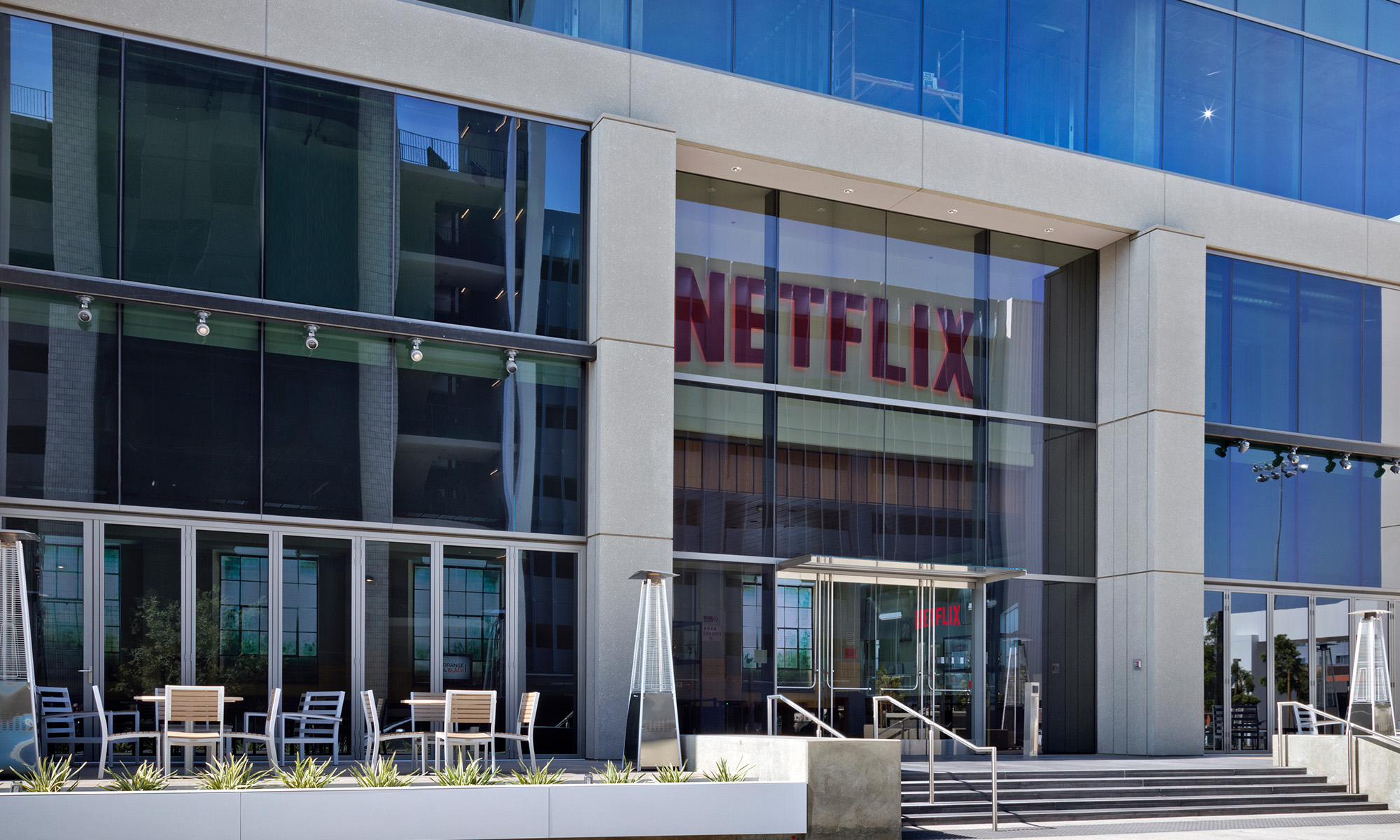Netflix (NFLX 1.98%) recently released a trailer for season two of its original series House of Cards. The trailer release came on the same day as the release of season two of the Netflix/NRK co-production Lillyhammer, which was billed as the first Netflix original. These two releases serve as a reminder that Netflix is entering the second full "season" of its original programming venture, with many more still to come.
Having made history at the Emmy awards with the first-ever win for an Internet-delivered series and with a full slate of new and returning titles on the way, Netflix is poised to continue releasing original content for some time to come. Given its recent deal with Disney to develop four series and a miniseries set within the shared Marvel Studios universe, it seems as though the company's future with original programming is very bright indeed.
The question is, is it enough?
The problem with streaming
While Netflix is the current king of the streaming content world, not everyone is enthused about its success. While the company was able to make some very lucrative deals for content early on, content providers aren't as eager to sign contracts with the streaming giant as they used to be. For every Disney that is providing Netflix with very beneficial deals, there is a Viacom that is removing content from the service entirely. Because Netflix requires these deals to add value to its streaming service, the loss of content from companies such as Viacom and Starz can have a major impact on how valuable the service is to its customers.
Other companies have learned the hard way that streaming content can be a rough business. Intel recently abandoned its long-gestating OnCue Web TV service because it was unable to secure the necessary content deals to fuel it. According to those familiar with the negotiations, Intel is now finalizing a deal with Verizon (VZ +2.08%) to sell the service in its entirety.
Increasing competition
If Verizon does go through with the purchase of OnCue, it could signal even more competition for Netflix. Verizon is already partnered with Outerwall's (OUTR +0.00%) Redbox unit on Redbox Instant, a competing streaming video service that focuses on a smaller number of hit releases than Netflix's much larger movie and TV library. It also has an existing relationship with DIRECTV, potentially giving it more bargaining power than Intel had due to existing relationships with content providers and distributors.
Though it's only speculation at this point since the deal isn't even finalized, it's possible that the OnCue acquisition could be a major move by Verizon to claim a larger share of the streaming market. It could be maintained as a separate service that provides streaming content to online viewers, or it could be integrated into the company's deals with DIRECTV and Redbox Instant to bring more value to all involved.
This could especially be of interest to Outerwall, as it has recently undertaken cost-cutting measures that will eliminate 8.5% of its workforce, and recently saw the departure of the head of its Redbox division. The strengthening of its Redbox Instant partner could bring potential benefits to the service without a significant increase in costs; Verizon and its OnCue components would be doing most of the work.
Regardless of what Verizon chooses to do with OnCue, it has the potential of adding more Netflix competition on top of Amazon's streaming offerings in Amazon Prime and other streaming services such as Hulu and Wal-Mart's Vudu streaming rental service.
Is there enough value?
Even if there is more competition looming on the horizon, Netflix still has a significant amount of market share that will be tough for competitors to overcome. Just because the company is at the top of its market doesn't mean that it's a good value for investors, however. Trading at around $369 per share as of Dec. 13, the company carries a significant premium due to its market-dominating status. That's up from a mere $88 a year ago.
The problem with this is that the company currently reports earnings per share of only $1.20 for the trailing 12 months and carries a PE ratio of 309.14 as of Dec. 13. That's a rather significant premium. When growth is taken into account, the company is left with a PEG ratio of 6.169; this indicates that the price is well outstepping the company's actual growth.
So is it a buy?
I'm a big fan of Netflix. Though its streaming selection could be better, that's not the company's fault; it can only stream content that it has the rights to, after all. I believe that the company has a lot of growth ahead of it through its original programming initiatives, especially if it branches out into producing original films, as has been hinted.
That said, success has inflated the company's stock price to the point that it's not a good buy at the moment. I'd wait for either the price to contract or earnings to increase before taking a position to get the most out of a Netflix investment.







